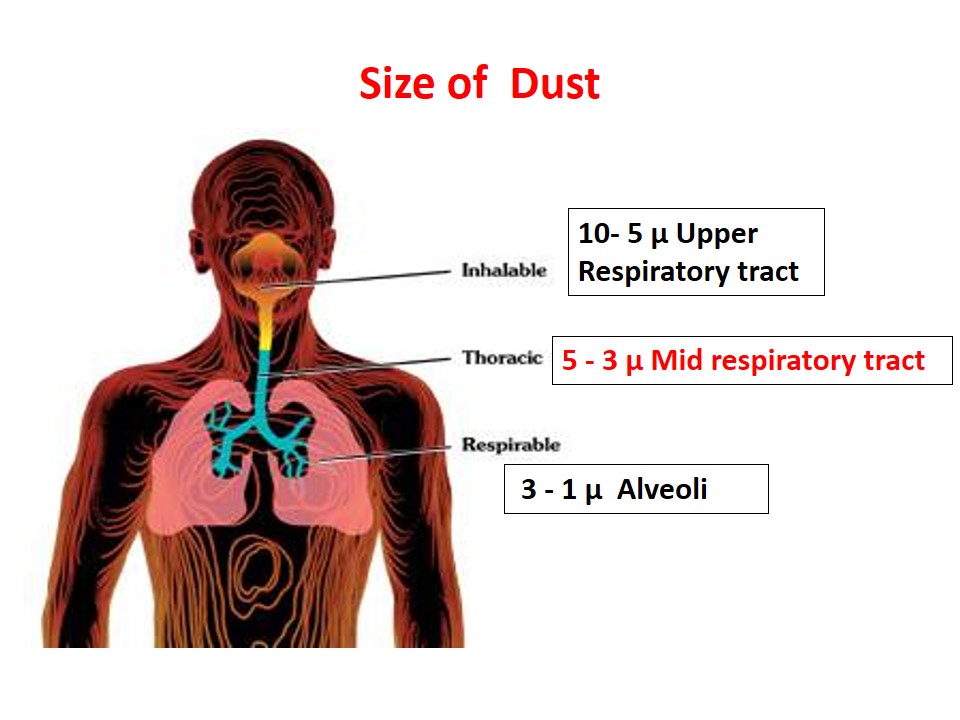Mothers milk is the ideal food for the infant and no other supplementation is required for the baby until 4-6 months. The first milk which is called colostrum is ideal for the child during the early days, it is rich in proteins it also contains protective factors against infections.
Advantages of Breastfeeding:
• Safe, clean, hygienic, cheap and at the right temperature
• Fully meets the nutritional requirements (infant)
• Promotes bonding between mother and child
• Contains macrophages, lymphocytes, secretory IgA.
Weaning
It is the gradual process of starting liquid and semi liquid diet in addition to breast milk at the age of 4-6 months.
Weaning foods:
- Mashed banana
- Dahlia
- Khichery
- Halwa
- Fruit juices
Advantages of Breast feeding
a. Advantages to baby
b. Advantages to Mother
Advantages to baby
1. Natural source and devoid of feeding difficulties.
2. Easily available
3. Proper temperature
4. Adequate caloric value
5. Fresh and free of contamination, free from ill effects of lower-socio-economic group and unsanitary conditions
6. Decreased chances of cow’s milk intolerance.
7. Decreased atopic disorders due to IgA which prevents absorption of dietary antigen in the gut of baby.
8. Colostrum is rich in proteins, salts and leukocytes.
9. If mother is adequately nourished there is a sufficient reserve of all nutrients.
Advantages to mother
1. Family planning and birth spacing
2. Prevents mastitis
3. Decreased chances of breast cancer
4. Involution of uterus
5. Good way to lose weight
6. Psychological advantage, sense of accomplishment.
Baby Friendly Hospital Initiative (BFHI)
Baby friendly hospital initiative was launched in 1991 by efforts of UNICEF & WHO.It ensure that all maternities become centers of breastfeeding support. The initiative is a global effort for improving the role of maternity services to enable mothers to breastfeed babies for the best start in life.
It aims at improving the care of pregnant women, mothers and newborns at health facilities that provide maternity services for protecting, promoting and supporting breastfeeding.
Breast feeding could prevent about 1 million children deaths a year.
BFHI-Steps for Successful Breast Feeding in Hospitals
1. Maintain a written breastfeeding policy that is routinely communicated to all health care staff.
2. Train all health care staff in skills necessary to implement this policy.
3. Inform all pregnant women about the benefits and management of breastfeeding.
4. Help mothers initiate breastfeeding within one hour of birth.
5. Show mothers how to breastfeed and how to maintain lactation, even if they are separated from their infants.
6. Give infants no food or drink other than breast milk, unless medically indicated.
7. Practice “rooming in”– allow mothers and infants to remain together 24 hours a day.
8. Encourage unrestricted breastfeeding.
9. Give no pacifiers or artificial nipples to breastfeeding infants.
10. Foster the establishment of breastfeeding support groups and refer mothers to them on discharge from the hospital or clinic.
 howMed Know Yourself
howMed Know Yourself




